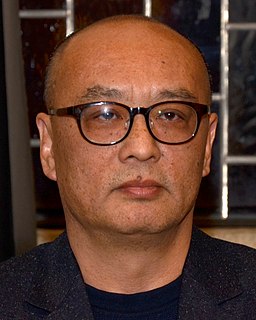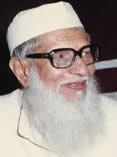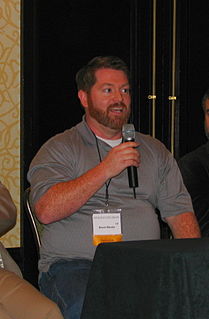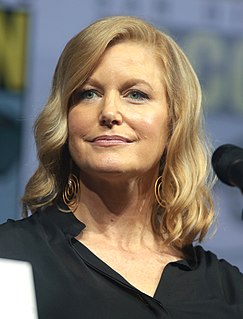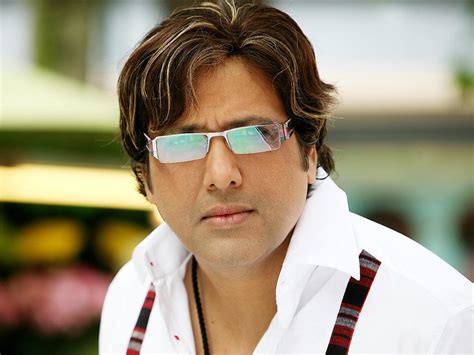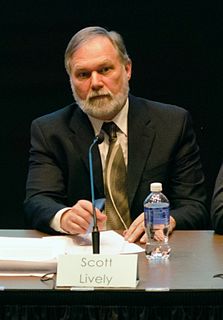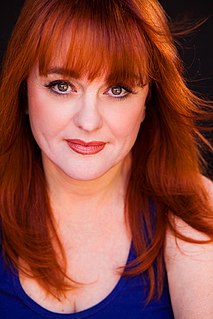A Quote by Zhang Xiaogang
I have the belief that a person and his art should have one direction; your work should be a synonym for your person - the two shouldn't be separate.
Related Quotes
The need of the hour is that your life should be revolutionised.
The revolution should not be an individual one but a collective one.
The change should be concerning your belief, your morals, your actions, your dealings, your decisions, and your efforts.
Your life in every way should become a beacon of guidance and it should become a means for Dawah.
I think music should be free. I think all communication should be free. I think people should respect artists, and there should be a certain respect for artists who give their music away for free. If your music winds up on Napster and you approve of it, then the person downloading your music should at least go to your concert, should at least purchase your songs.
You want to be a good person, don't you, Pat?' I nod. I cry. I do want to be a good person, I really do. 'I'm going to up your meds,' Dr. Patel tells me. 'You might feel a little sluggish, but it should help to curb your violent outbursts. You need to know it's your actions that will make you a good person, not desire.
If your definition of homosexuality is being able to do whatever you want to, and that you should be able to go and engage in sex with another person, and that because of that, the disease you have is going to spread to that person and they're going to take it home and give it to their wife, how much tolerance should we have for that? We should have zero tolerance for that.
The only thing you should have to do is find work you love to do. And I can't imagine living without having loved a person. A man, in my case. It could be a woman, but whatever. I think, what I always tell kids when they get out of class and ask, 'What should I do now?' I always say, 'Keep a low overhead. You're not going to make a lot of money.' And the next thing I say: 'Don't live with a person who doesn't respect your work.' That's the most important thing—that's more important than the money thing. I think those two things are very valuable pieces of information.
Your opening should give the reader a person to focus on. In a short story, this person should turn up almost immediately; he should be integral to the story's main action; he should be an individual, not just a type. In a novel, the main character may take longer to appear: Anna Karenina doesn't show up in her own novel until chapter eighteen.
Rafe asks him, could the king's freedom be obtained, sir, with more economy of means? Less bloodshed? Look, he says: once you have exhausted the process of negotiation and compromise, one you have fixed on the destruction of an enemy, that destruction must be swift and it must be perfect. Before you even glance in his direction, you should have his name on a warrant, the ports blocked, his wife and friends bought, his heir under your protection, his money in your strong room and his dog running to your whistle. Before he wakes in the morning, you should have the axe in your hand.
